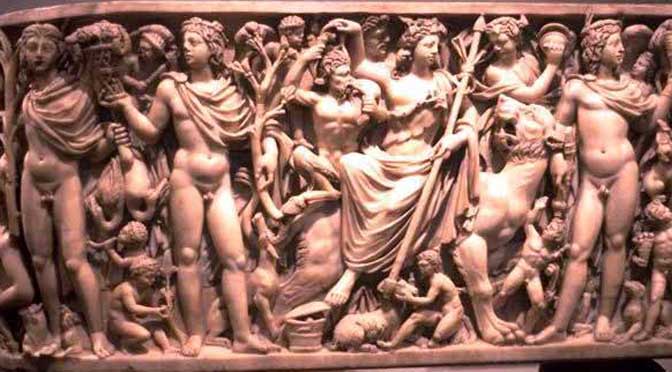Yes, others will disagree with your opinion because the accusation that the biblical accounts of Jesus are plagiarized or embellished from pagan myths does not hold up under serious scrutiny.
Is Jesus a myth? Is Jesus just a copy of the pagan gods of other ancient religions? Is Jesus the same as Horus / Heru, Mithras, and Osiris?
www.gotquestions.org
BLOG READ SHARE COMMENT

crossexamined.org
“Fallacies of the Theory
There are several flaws with the theory that Christianity isn’t unique. New Testament scholars Ed Komoszewski, James Sawyer, and Dan Wallace point out several fallacies. The first is the
composite fallacy. Proponents of this view lump together pagan religions as if they are one religion when making comparisons to Christianity. An attempt is made to show strong parallels by combining features from various religions.
{4} However, when the individual myths themselves are studied, the reader soon finds major differences and very little commonality.
A second fallacy is a fallacy of
terminology. Christian terms are used to describe pagan beliefs, and then it is concluded that there are parallel origins and meanings. Although the terms used are the same, however, there are big differences between Christian and pagan practices and definitions.
{5}
A third fallacy is the
chronological fallacy. Supporters of the theory incorrectly assume that Christianity borrowed many of its ideas from the mystery religions, but the evidence reveals it was actually the other way around. There is no archaeological evidence that mystery religions were in Palestine in the first century A.D. Jews and early Christians loathed syncretism with other religions. They were uncompromisingly monotheistic while Greeks were polytheistic. Christians also strongly defended the uniqueness of Christ (Acts 4:12). Although Christians encountered pagan religions, they opposed any adopting of foreign beliefs.
{6} Ron Nash stated, “The uncompromising monotheism and the exclusiveness that the early church preached and practiced make the possibility of any pagan inroads . . . unlikely if not impossible.”
{7}
Fourth is the
intentional fallacy. Christianity has a linear view of history. History is moving in a purposeful direction. There is a purpose for mankind’s existence; history is moving in a direction to fulfill God’s plan for the ages. The mystery religions have a cyclical view of history. History continues in a never ending cycle or repetition often linked with the vegetation cycle.
{8}”
Dr. Zukeran shows Christianity is historical, not mythical, and in many cases the pagan myths are borrowed from the true account of Christ.

probe.org
I believe any similarities between earlier pagan myths and the Gospel message about Jesus Christ are the result and work of satan to corrupt, confuse, and manipulate human thinking even before Christ came to earth. Satan is the ultimate plagiarist of truth, in my view, and extremely capable at deceiving people.





